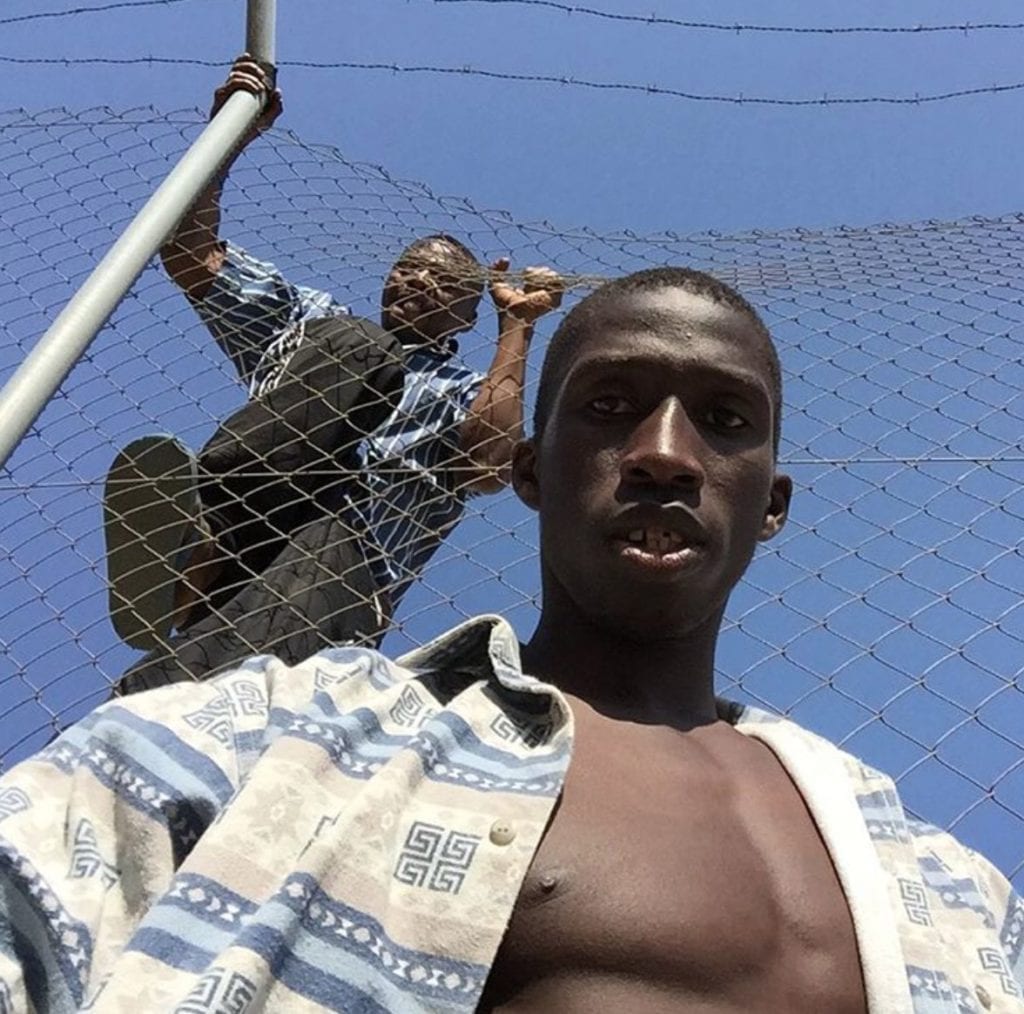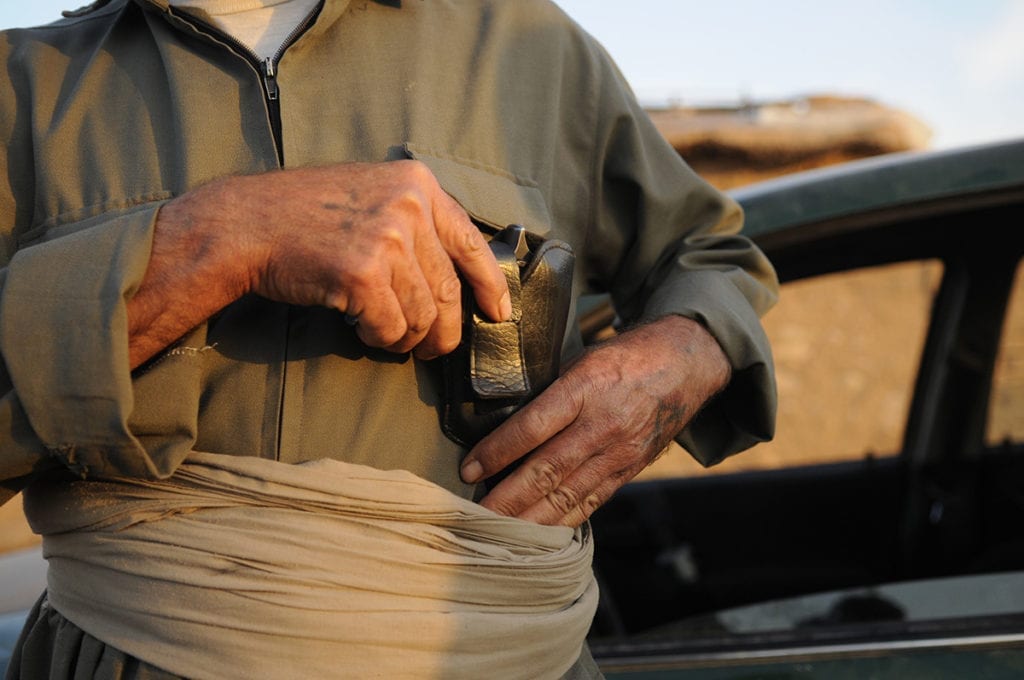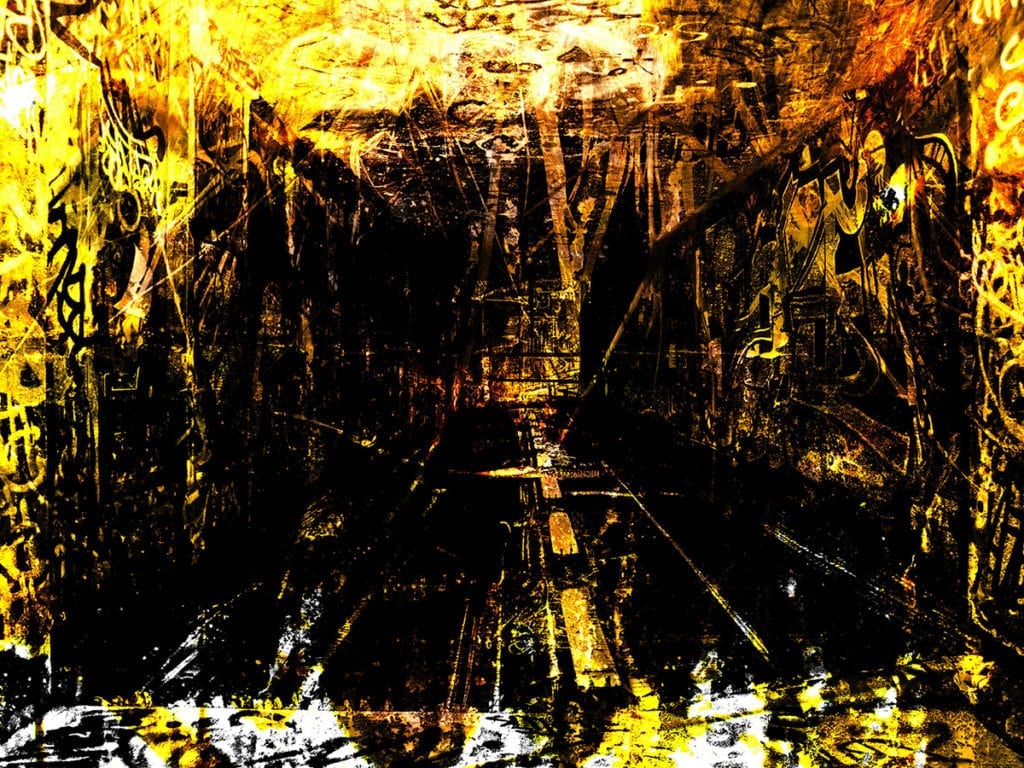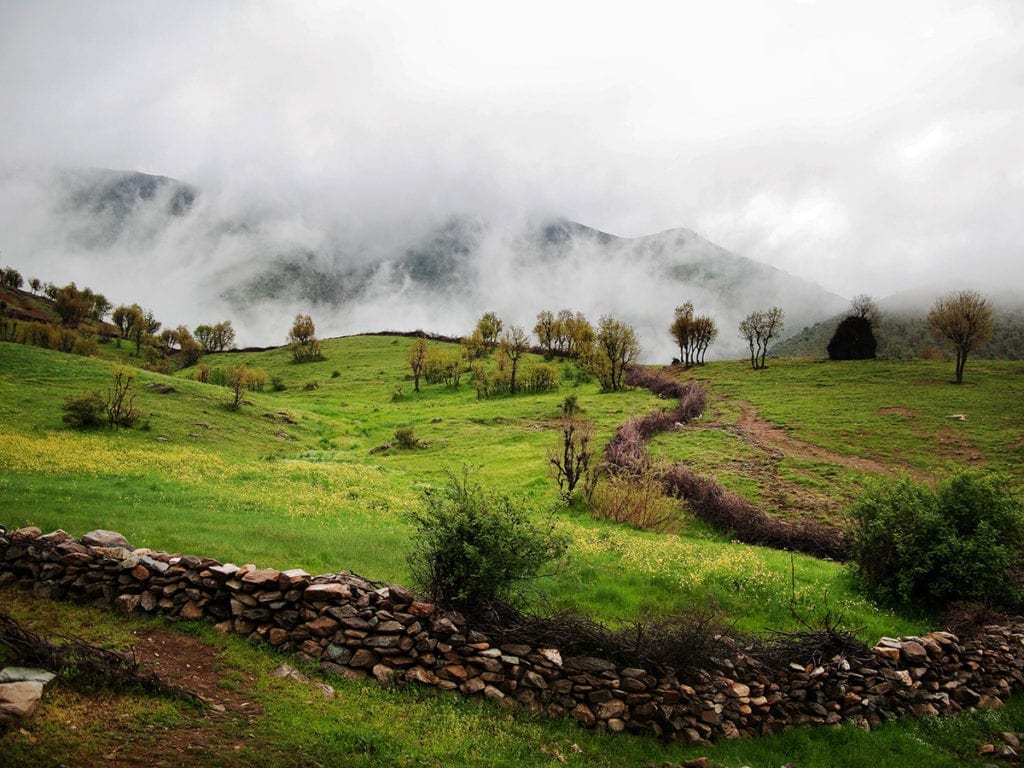The last two years have seen an unprecedented wave of forced migration, with conflict, instability and authoritarianism in north Africa, the Middle East and other regions forcing millions to flee their homes and seek safety overseas.
This humanitarian crisis has coincided with a resurgence of the political right in Europe and north America, often resulting in simplistic narratives about refugees and the crisis which fail to represent the experiences of those most affected.
“A major factor for us was a sense of disillusionment with the way refugees and migrants were being depicted, by many publications and indeed often even by photographers sympathetic to them,” say co-curators Monica Alcazar-Duarte and Lewis Bush, who have put together a show called Incomplete Images which attempts to redress the balance. “Setting aside the fact much of the British press has anti-immigration agenda, even in concerned outlets, refugees are also often depicted as very passive figures.”

In the center of the exhibition is a display of images taken from an Instagram account purportedly belonging to a young migrant named Abdou Diouf. The account went viral last year, and documented the dangerous journey of the ‘Instagram migrant’ first on foot through the North African Desert, and then across the Mediterranean by rowing boat to Spain.
In reality, the account was a hoax created to advertise a photography festival by Tomás Peña, highlighting the Western frivolity of social media. “Whether as consumers or producers of news we need to look online with an ever more questioning eye,” explains Bush, “to remember that just as often as photographs can be compelling windows on a world that actually exists, they can all too easily be mirrors of fiction that we each desperately want to believe in.”

Greek photographers Elena Kollatou and Leonidas Toumpanos’s video piece addresses the recent war in Syria and the thousands of refugees that it created through the portrait of a young man that has settled in Greece. The film also incorporates portraits which are the result of a collaboration with a refugee photo studio in Athens, which produces remarkable composite portraits for newly-arrived refugees to send back home.
Iranian artist Aram Karim’s series depicts his journey across the border between Iraq and Iran, where men smuggle fuel and other supplies in vast quantities, struggling through mud, snow and across active minefields. In the process of the project, Karim was eventually helped by the same smugglers to get out of Iraq.

Iranian Kurdish photographer Rahman Hassani’s series compares and contrasts the landscape of his Kurdistan with the landscape of Yorkshire in the north of England, drawing out differences and similarities between his former and adoptive home.

Incomplete Images at Light Eye Mind Gallery is open until 27 November 2016. For more, go here.
